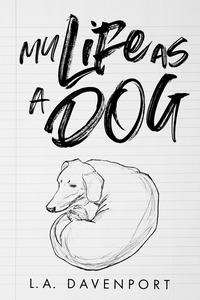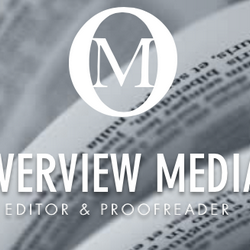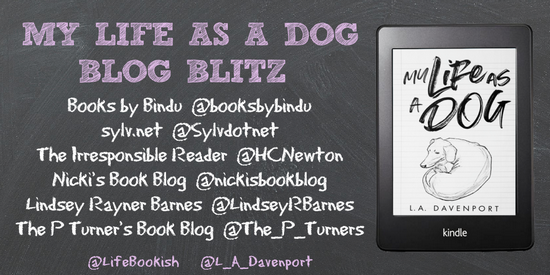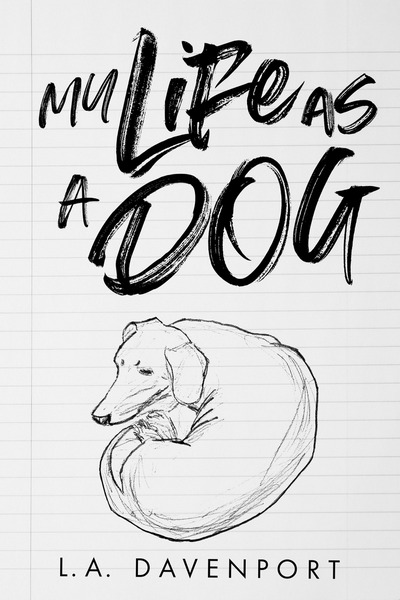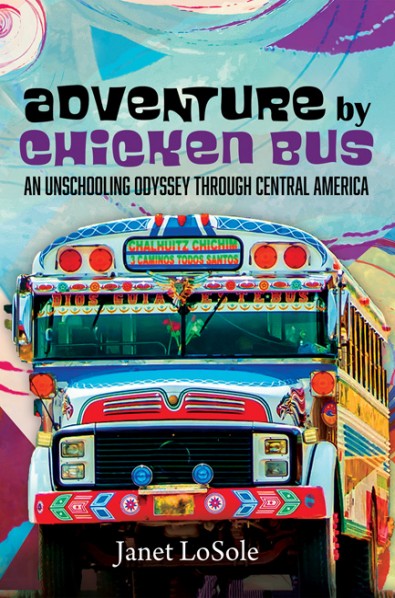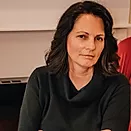The point of these quick takes posts is to catch up on my “To Write About” stack—emphasizing pithiness, not thoroughness. Here are some recent-ish audiobooks (and one left-over from 2020!).
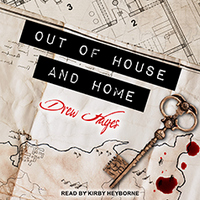 |
Out of House and Homeby Drew Hayes, Kirby Heyborne (Narrator) |
(the official blurb)
Wow, it’d been almost ten months since I’d listened to a Fred, the Vampire Accountant book. After a pretty steady diet of them for a while, the break was a little strange.
Anyway, the wedding’s behind him, so there’s another new challenge for Fred—someone’s coming for him, and the House of Fred. This isn’t new, but the openness, brazenness, and intensity of the attacks are.
Fred has to be his most creative to get through this challenge with both his ethics and clan intact. Not to mention his life.
For reasons that make sense (and make some of the drama possible), Krystal was not around for most of this book. That bugged me, I’d have liked to have seen a bit more about married life between the two. Oh, well, there’s time for that to come.
Gentle humor, just enough action to keep you going, and a bunch of pleasant characters. The seventh installment of this series proves there’s plenty of life left in this story of the undead.


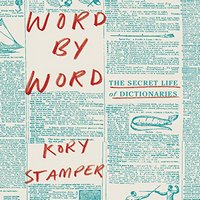 |
Word by Word: The Secret Life of Dictionariesby Kory Stamper |
(the official blurb)
If you’ve ever wondered how a dictionary—at least Merriam-Webster dictionaries—is produced, this is the book for you. If you hadn’t but the idea sounds pretty good now that you know a book like that exists (like I was), good news. Kory Stamper’s book will satisfy.
As the blurb says,
She explains why small words are the most difficult to define, how it can take nine months to define a single word, and how our biases about language and pronunciation can have tremendous social influence. And along the way, she reveals little-known surprises—for example, the fact that “OMG” was first used in a letter to Winston Churchill in 1917.
I found her discussion about trying to refresh the definition of “bitch” in the twenty-first century, with all the history and varied usage to pair nicely with John McWhorter’s chapter on the word in Nine Nasty Words. I’d love to hear the two of them discuss it.
There’s some humor, some scholarship, and word-nerd fun. It’s an entertaining and enlightening book.


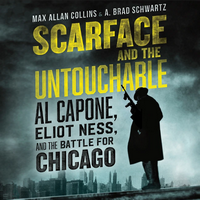 |
Scarface and the Untouchable: Al Capone, Eliot Ness, and the Battle for Chicagoby Max Allan Collins and A. Brad Schwartz, Stefan Rudnicki (Narrator) |
(the official blurb)
There is a lot of de-mythologizing in this history of Capone and Ness—not just of some of the myths that surrounded them during the 1920s and 30s—but of many of the “de-mythologizing” works that have been written about them since. According to Collins and Schwartz, both men—especially Ness—have been the victim of so much revisionist history that it’s almost impossible to really get at what these two did and were like.
Still, the authors think they’ve got it—or at least closer to it than others due to their research methods, etc. Hopefully, they have—I don’t know. They did tell a pair of compelling stories about Capone, Ness, and how they both rose to notoriety—and kept it.
I do think a text version of this would work a little better—I had a hard time tracking some of the not-as-important names/dates/events. It could be me, and probably is. I don’t think it was Stefan Rudnicki’s fault at all—he did a great job with the work (and it was nice to hear him doing something other than Alex Bledsoe novels).


 |
Yearbookby Seth Rogen (and a whole lot of other people) |
(the official blurb)
Simply put, this is a collection of stories from Rogen’s life—from doing stand-up as a teenager to his work on TV and in movies. There’s—no surprise at all—a lot of references to and stories about drug use.
I’m not a huge Rogen fan—have enjoyed some of his work, but not most of it. I have always appreciated his ability to tell a story in interviews, though, and that’s what we get here. Great literature? Nope. Insightful look into the human condition and/or the Entertainment Industry? Nope. Silly fun? Yup. I can’t imagine anyone picking up a Rogen book looking for more than the last option, anyway. So you get what you expect.
This was definitely a book to listen to on audio—listening to Rogen tell these stories adds a bit of humor and flavor to it that I think just reading it wouldn’t deliver.


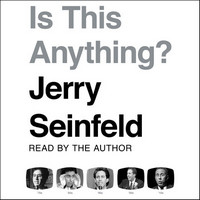 |
Is This Anything?by Jerry Seinfeld |
(the official blurb)
Jerry Seinfeld keeps the notebooks he writes his jokes in and has always done so. Which made compiling this collection possible. This is a collection of what Seinfeld considers his best material.
It’s organized by decade, with a little narrative added to discuss his career/family. But it’s primarily joke after joke after joke after joke. As I recall, SeinLanguage was essentially the same thing, but the last time I read that was in the 1990s, and my copy is in a box. So I can’t verify that.
I’m not sure audio was the best method for me. It felt like listening to a comedy album recorded in a studio rather than in front of an audience. It just felt strange to hear it all without laughter or other audience reaction—or his reaction to the audience. Also, I think it’d work better taken in parts—not the whole 6 hours in a clump (I guess 2 clumps).
Still, it’s material from one of the best around—it’s an entertaining time.


This post contains affiliate links. If you purchase from any of them, I will get a small commission at no additional cost to you. As always, opinions are my own.
![]()




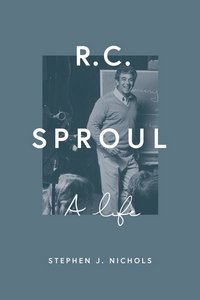



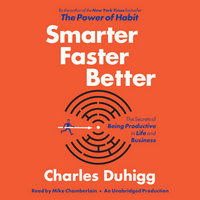
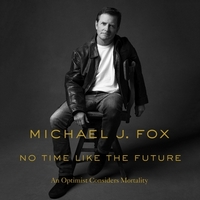

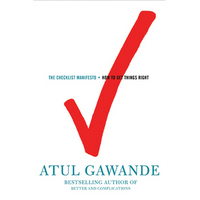
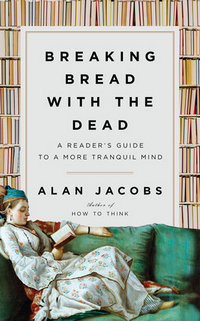
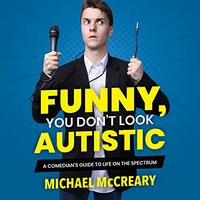
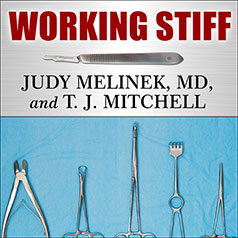
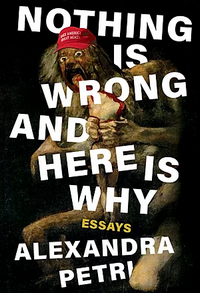
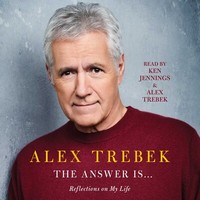
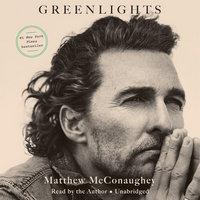
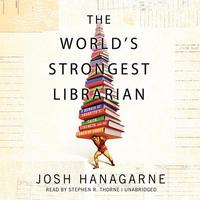
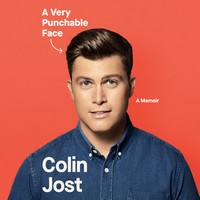

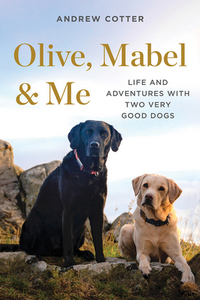

 Grab a book, any book.
Grab a book, any book.